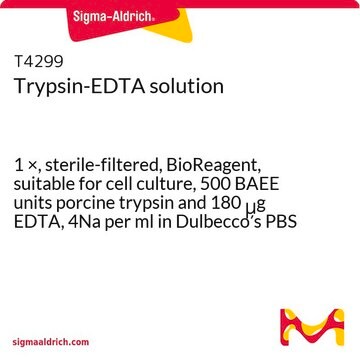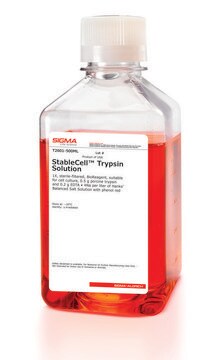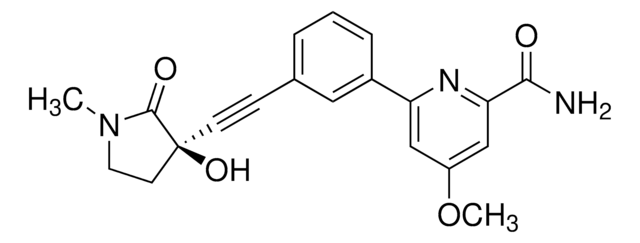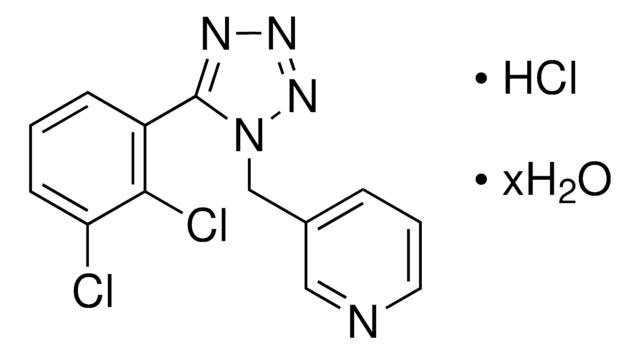MABF2049
Anti-LTBR Antibody, clone 3C8
clone 3C8, from rat
Synonym(s):
Tumor necrosis factor receptor superfamily member 3, Lymphotoxin-beta receptor
About This Item
Recommended Products
biological source
rat
Quality Level
antibody form
purified immunoglobulin
antibody product type
primary antibodies
clone
3C8, monoclonal
species reactivity
mouse
technique(s)
flow cytometry: suitable
isotype
IgG1κ
NCBI accession no.
UniProt accession no.
shipped in
ambient
target post-translational modification
unmodified
Gene Information
mouse ... Ltbr(17000)
Related Categories
General description
Specificity
Immunogen
Application
Flow Cytometry Analysis: A representative lot detected LTBR in Flow Cytometry applications (Yi, T., et. al. (2013). Elife. 2:e00757).
Agonist or Inhibitor Analysis: A representative lot detected LTBR in Agonist or Inhibitor applications (Dejardin, E., et. al. (2002). Immunity. 17(4):525-35).
Agonist or Inhibitor Analysis: A representative lot detected LTBR in Agonist or Inhibitor applications (Vondenhoff, M.F., et. al. (2009). J Immunol. 182(9):5439-45).
Agonist or Inhibitor Analysis: A representative lot detected LTBR in Agonist or Inhibitor applications (Yi, T., et. al. (2013). Elife. 2:e00757).
Agonist or Inhibitor Analysis: A representative lot detected LTBR in Agonist or Inhibitor applications (Banks, T.A., et. al. (2005). J Immunol. 174(11):7217-25).
Inflammation & Immunology
Quality
Flow Cytometry Analysis: 1 µg of this antibody detected LTBR in one million NIH/3T3 cells.
Target description
Physical form
Storage and Stability
Other Notes
Disclaimer
Not finding the right product?
Try our Product Selector Tool.
Storage Class Code
12 - Non Combustible Liquids
WGK
WGK 1
Certificates of Analysis (COA)
Search for Certificates of Analysis (COA) by entering the products Lot/Batch Number. Lot and Batch Numbers can be found on a product’s label following the words ‘Lot’ or ‘Batch’.
Already Own This Product?
Find documentation for the products that you have recently purchased in the Document Library.
Our team of scientists has experience in all areas of research including Life Science, Material Science, Chemical Synthesis, Chromatography, Analytical and many others.
Contact Technical Service





